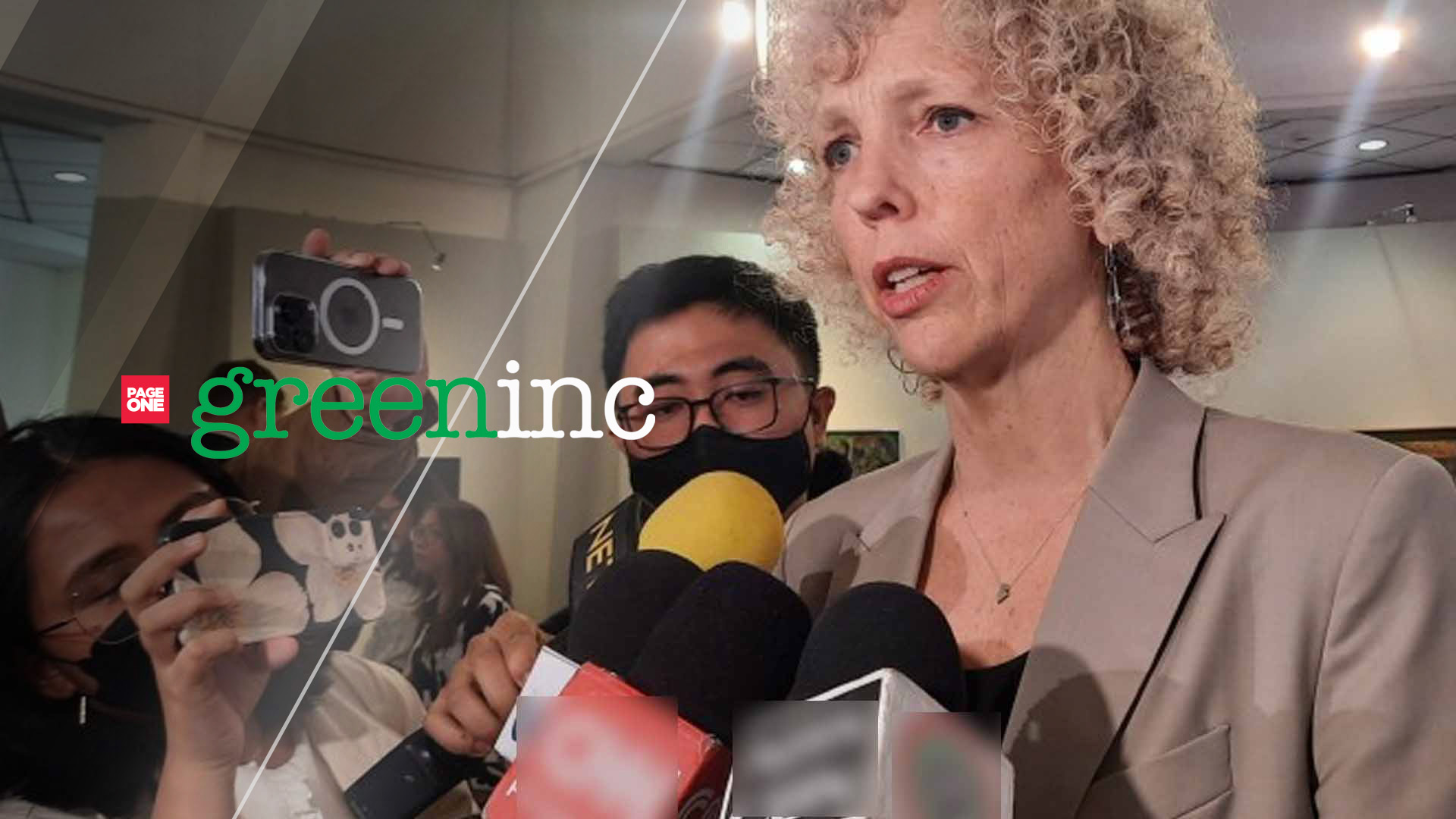Germany is looking to scale up its partnership with the Philippines and help strengthen its climate resilience as one of countries most vulnerable to climate change.
In discussing climate mitigation, Germany’s State Secretary and Special Envoy for International Climate Action Jennifer Lee Morgan underscored the need to promote renewable energy sources and decarbonization.
“If you’re looking at how you’re getting your energy sources, you need to be thinking it’s resilient but you also have to be taking biodiversity into account as you move forward,” she said in an interview Tuesday.
“We’re looking to scale that up and that’s what we’ll be discussing at our consultation (with Philippine authorities),” she added.
Manila and Berlin continue to work closely through Germany’s International Climate Initiative (IKI), which finances over EUR63 million worth of projects on mitigation of greenhouse gas emissions, adaptation to the impacts of climate change, conservation of natural carbon sinks with focus on reducing emissions from deforestation and forest degradation (REDD+), and biodiversity conservation.
Through this partnership, Morgan said Germany also hopes to bring forward a project that integrates climate biodiversity and resilience.
Morgan is in Manila to lead the first Philippine-German Consultation on Climate together with Environment Secretary Antonia Loyzaga.
Ahead of the meeting, she visited Tacloban City on Monday where she met with the victims of the deadly Typhoon Yolanda that struck the country in 2013.
Morgan said Berlin would also collaborate with Manila and international partners to develop the loss and damage fund hopefully by the end of the year.
“I was in Tacloban yesterday and meeting the survivors brought home to me even more so how urgent it is that we move quickly in getting this loss and damage funds up and running. That’s a key priority,” she told reporters.
Both Germany and the Philippines are on the United Nations loss and damage fund transitional committee, which is developing the said funding to assist developing countries.
Loss and damage refer to climate change’s negative impact that cannot be avoided by mitigation and adaptation, such as extreme weather events, sea level rise and glacial retreat, among others. (PNA)






